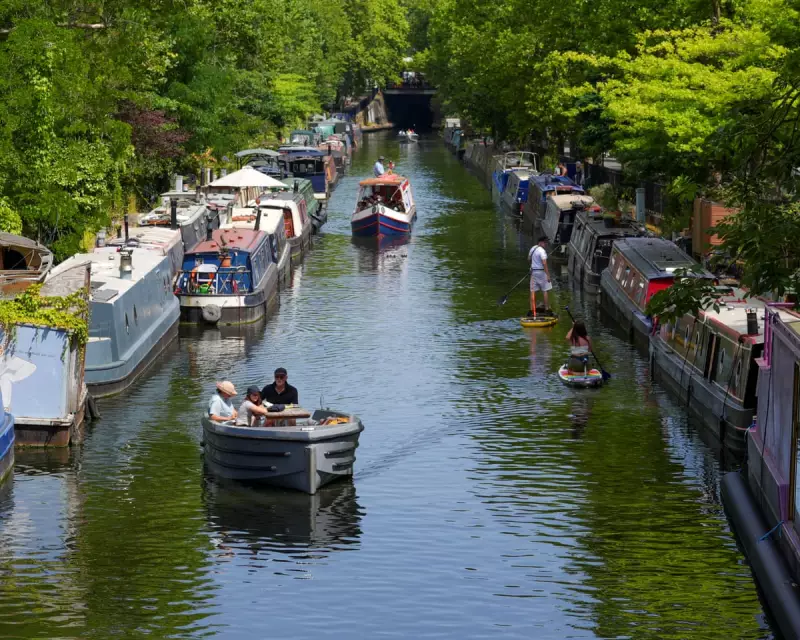
Britain's beloved canal network, a living relic of the Industrial Revolution, is facing a modern-day threat that could reshape the nation's landscape. Climate campaigners have issued a stark warning that current funding arrangements are leaving these vital waterways dangerously exposed to the escalating impacts of climate change.
The Hidden Crisis Beneath the Surface
New analysis reveals that the very infrastructure that once powered Britain's industrial might is now struggling to cope with extreme weather patterns. From devastating floods that erode historic embankments to prolonged droughts that leave boats stranded in mud, the canals are bearing the brunt of our changing climate.
"We're witnessing a perfect storm of underinvestment and climate pressure," explains one leading environmental campaigner. "These aren't just picturesque waterways - they're crucial green corridors that support biodiversity, provide natural flood defences, and offer vital green spaces for communities."
Why Our Canals Matter More Than Ever
- Climate Resilience: Well-maintained canals act as natural sponges during heavy rainfall, reducing flood risks in urban areas
- Biodiversity Hotspots: These waterways support thousands of species, from otters to rare aquatic plants
- Carbon Capture: Waterside vegetation and healthy aquatic ecosystems play a crucial role in carbon sequestration
- Urban Cooling: In increasingly heat-stressed cities, canals provide natural cooling effects
The Funding Gap That Could Sink Our Heritage
Campaigners point to a worrying disconnect between the scale of the challenge and the resources allocated. While the government has acknowledged the importance of maintaining these historic waterways, the current funding model appears insufficient to address the accelerating impacts of climate change.
"We're essentially trying to fix 21st century problems with 20th century funding," notes a waterways conservation expert. "The increased frequency of extreme weather events means we need to completely rethink how we maintain and protect these assets."
What's at Stake for Local Communities
- Economic Impact: Canals support tourism, hospitality businesses, and property values in waterside communities
- Health and Wellbeing: Millions of people use towpaths for exercise and mental wellbeing
- Cultural Heritage: These are living museums that tell the story of Britain's industrial past
- Environmental Justice: Urban canals often provide the only accessible green space in deprived areas
The campaign to secure adequate funding comes at a critical juncture. As Britain faces more frequent climate extremes, the humble canal has emerged as an unexpected frontline in the battle against environmental degradation. The question now is whether decision-makers will recognise their value before it's too late.





